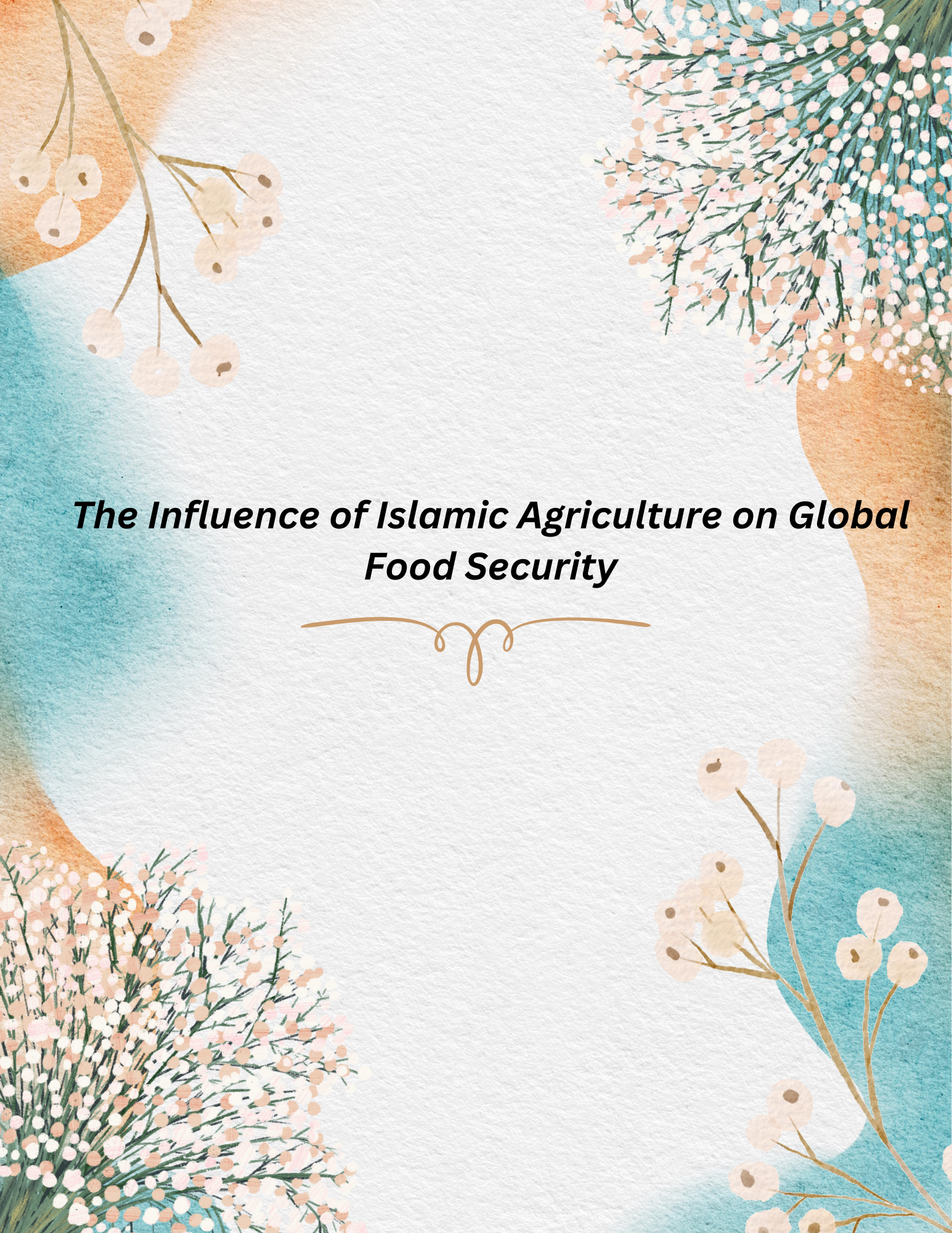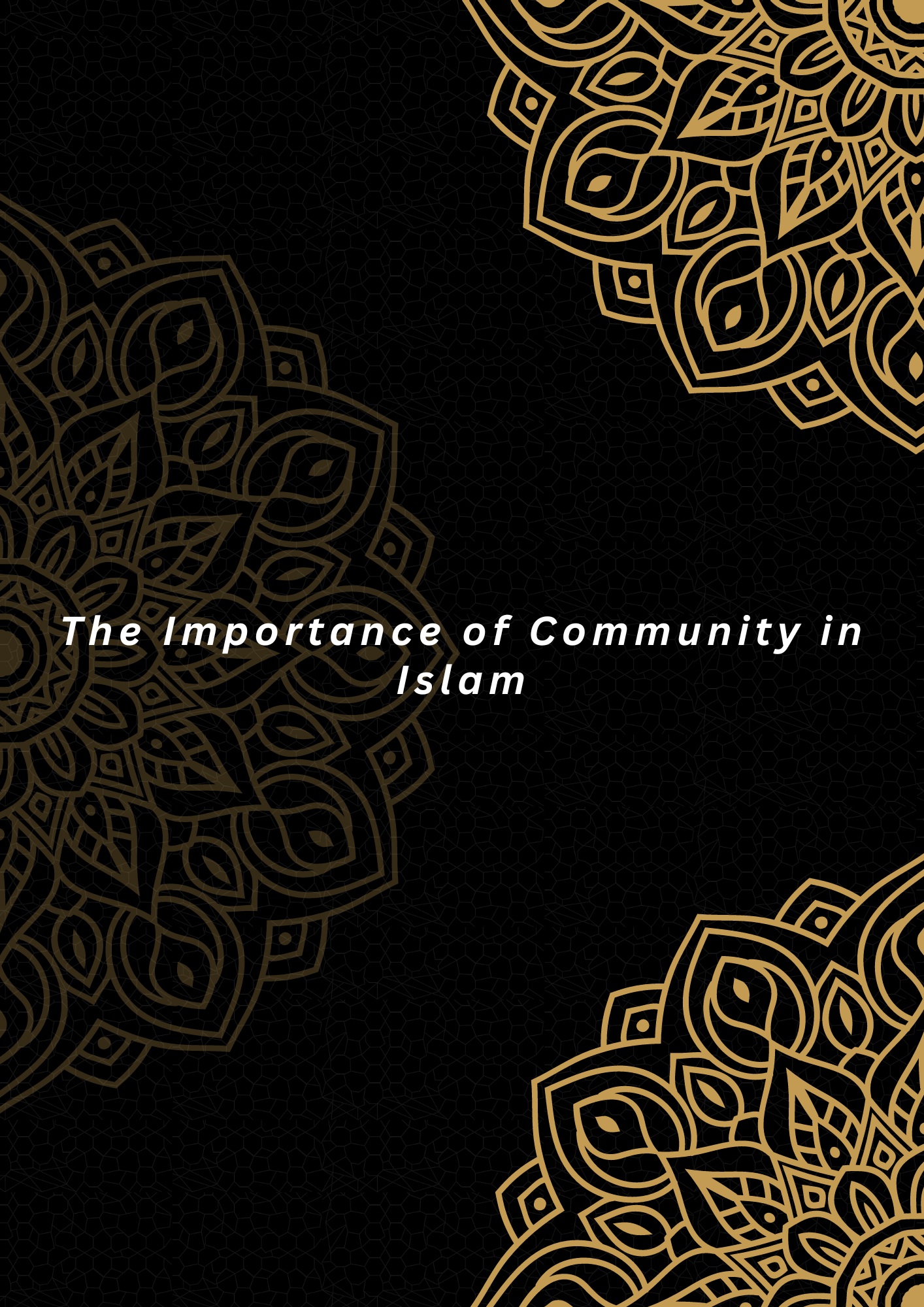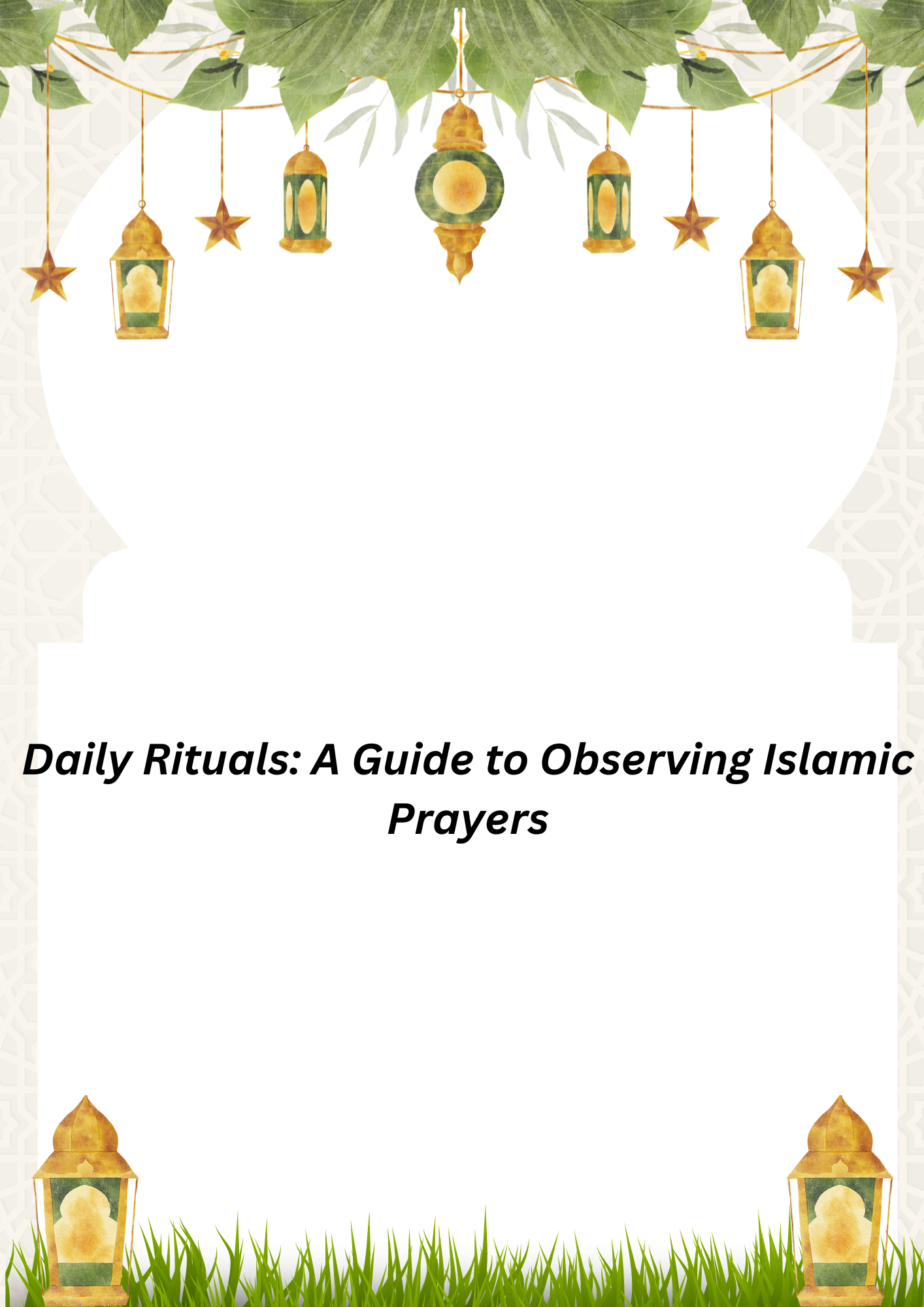Agriculture has always been a cornerstone of human civilization, and Islamic agriculture has made significant contributions to global food security through innovative practices, sustainable techniques, and a deep understanding of ecological balance. Rooted in the teachings of the Qur’an and the Hadith, Islamic agricultural principles have emphasized sustainability, community welfare, and ethical stewardship of the land. This article explores how Islamic agriculture has influenced global food security and continues to offer valuable insights for sustainable agricultural practices today.
Historical Contributions of Islamic Agriculture
During the Golden Age of Islam, between the 8th and 13th centuries, Muslim scholars and farmers developed advanced agricultural techniques that significantly boosted food production. Key innovations included:
- Crop Rotation and Diversification: Islamic agriculture promoted the rotation of crops to maintain soil fertility and reduce the risk of pests and diseases. This practice not only improved yields but also ensured a variety of crops, enhancing food security.
- Irrigation Systems: Muslim engineers designed sophisticated irrigation systems, such as qanats (underground channels) and noria (water wheels), which efficiently managed water resources. These systems allowed for the cultivation of arid lands, significantly increasing agricultural output.
- Introduction of New Crops: The Islamic world was a hub for the exchange of plants and agricultural knowledge. Crops like rice, sugarcane, cotton, and citrus fruits were introduced to new regions, diversifying diets and contributing to food security.
- Soil Management: Techniques such as green manuring and composting were used to enrich the soil. These practices maintained soil health and productivity, ensuring long-term agricultural sustainability.
Sustainable Agricultural Practices
Islamic agriculture is deeply rooted in the concept of stewardship, or “khalifa,” which emphasizes the responsible management of natural resources. This principle has led to the development of sustainable agricultural practices that are highly relevant in the context of modern food security challenges:
- Water Conservation: Islamic teachings encourage the prudent use of water, a critical resource for agriculture. Techniques such as drip irrigation and the use of drought-resistant crops are aligned with these teachings, promoting efficient water use.
- Organic Farming: The avoidance of harmful chemicals and pesticides is in line with Islamic principles of purity and health. Organic farming methods, which were traditionally practiced in Islamic agriculture, are increasingly recognized for their benefits to food security and environmental health.
- Agroforestry: Integrating trees into agricultural landscapes, a practice common in Islamic agriculture, enhances biodiversity, improves soil fertility, and provides additional sources of food and income.
- Community-Based Approaches: Islamic agriculture places a strong emphasis on community welfare and equitable distribution of resources. Cooperative farming and community-supported agriculture models reflect these values, promoting social cohesion and food security.
Modern Relevance and Global Impact
In today’s context, Islamic agricultural principles continue to offer valuable solutions to global food security challenges:
- Climate Resilience: Sustainable practices rooted in Islamic agriculture, such as crop diversification and soil conservation, enhance the resilience of farming systems to climate change. These practices help ensure stable food production in the face of environmental uncertainties.
- Food Sovereignty: Islamic agriculture’s emphasis on local food production and community welfare aligns with the principles of food sovereignty, which advocates for the right of people to define their own food systems. This approach empowers communities to achieve self-sufficiency and reduce dependence on global food markets.
- Ethical Consumption: The ethical framework of Islamic agriculture, which includes fair trade and the humane treatment of animals, promotes a more just and equitable food system. These principles are increasingly relevant in addressing the ethical dimensions of global food security.
- Knowledge Exchange: The historical legacy of knowledge exchange in Islamic agriculture underscores the importance of sharing agricultural innovations and best practices across cultures. Collaborative efforts in research and development can leverage Islamic agricultural knowledge to address contemporary food security challenges.
Conclusion
The influence of Islamic agriculture on global food security is profound and enduring. Through innovative practices, sustainable techniques, and a deep ethical commitment to the stewardship of the earth, Islamic agriculture has made significant contributions to enhancing food production and ensuring long-term agricultural sustainability. As the world grapples with the challenges of climate change, resource scarcity, and population growth, the principles and practices of Islamic agriculture offer valuable insights for building a more secure and sustainable global food system. By embracing these principles, we can work towards a future where food security is achieved for all, in harmony with the environment.



